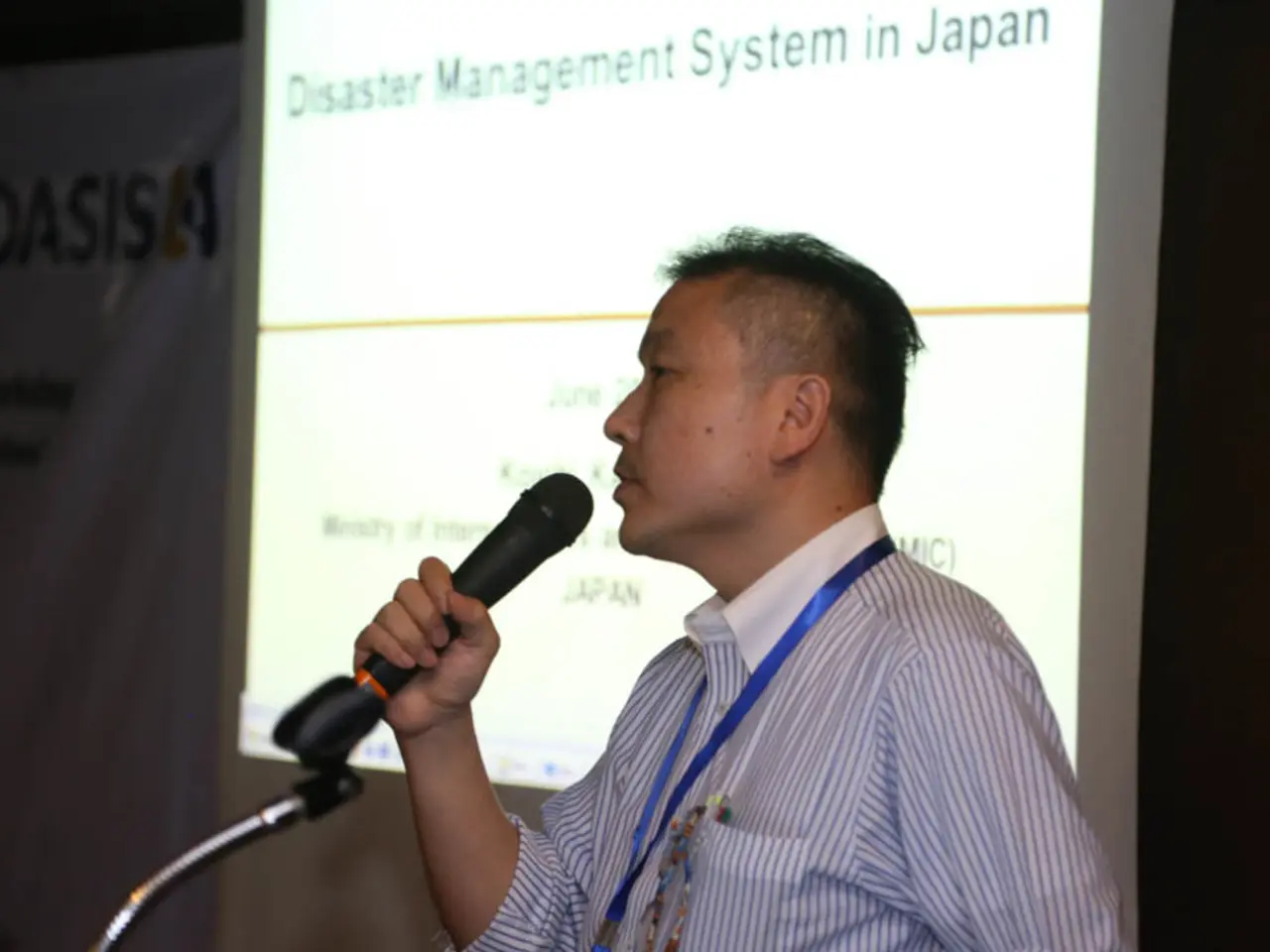Energy Crisis Looming in Cyprus: Record Power Usage Highlights Vulnerable Energy Infrastructure
In the sun-drenched island nation of Cyprus, renewable energy sources have become a significant part of the daily electricity supply. Solar photovoltaics now account for up to 68% of the daily electricity demand, with the midday and afternoon hours seeing the highest energy consumption due to increased air-conditioning use [1]. However, the surge in renewable energy production has presented a new challenge: storing surplus energy to ensure energy self-sufficiency and prevent blackouts.
To address this issue, Cyprus is actively pursuing a multi-faceted approach, centred on developing large-scale energy storage facilities and promoting storage solutions linked to renewable generation. The Cyprus Transmission System Operator (TSO) has received approval from the energy regulatory authority (CERA) to own, develop, manage, and operate several energy storage systems at key substations [2].
These projects include a 40 MW, 80 MWh energy storage system at the Athalassa substation near Nicosia, a 40 MW, 160 MWh system at the Kalo Chorio substation near Larnaca, and another 40 MW, 160 MWh system at the Anatoliko substation in Paphos [2]. These projects are mandated to be completed by June 2026 and will be crucial in storing excess solar energy and stabilizing the grid [2].
In addition to these utility-scale energy storage facilities, the Cypriot government is encouraging the integration of renewable energy and storage systems in private sector investments. For instance, the 100 MW photovoltaic park by TotalEnergies includes plans for energy storage systems [3].
Moreover, the Cyprus Ministry of Energy, Commerce and Industry has launched subsidy schemes targeting energy storage systems paired with existing renewable plants, offering incentives such as feed-in tariffs to encourage adoption and reduce renewable energy curtailment [4].
The development of these energy storage facilities is crucial, as Cyprus has been forced to curtail a substantial portion of its renewable generation—up to 58% so far in 2025—due to grid limits and lack of storage capacity [5]. This curtailment threatens the country’s energy transition and self-sufficiency goals.
The smart grid, an advanced energy network that uses digital technologies and intelligent systems, will play a pivotal role in addressing these challenges. The smart grid will predict consumer needs based on historical and real-time data, dynamically adjust production and distribution to avoid overloads or shortages, and enable better control, prediction, and management of electricity demand [6].
Moreover, the smart grid will integrate renewable energy and storage systems more efficiently, reducing the risk of failures and disruptions. It will also monitor electricity demand and supply, providing valuable insights for energy management [6].
To further conserve energy, the Electricity Authority of Cyprus (EAC) has asked consumers to limit wasteful consumption and adjust the use of energy-intensive appliances during peak hours. Any loss of capacity or technical failure can create unstable conditions, even leading to blackouts [7].
In conclusion, Cyprus is making significant strides in addressing surplus renewable energy storage challenges by authorizing and enabling TSO-operated large-scale battery storage installations, encouraging integrated storage in private solar projects, and supporting storage adoption through government subsidies. These efforts are essential steps towards ensuring grid stability, promoting energy self-sufficiency, and minimizing power curtailments moving forward.
[1] Electricity Authority of Cyprus (EAC) [2] Cyprus Transmission System Operator (TSO) [3] TotalEnergies [4] Cyprus Ministry of Energy, Commerce and Industry [5] Renewables Grid Initiative (RGI) [6] Smart Grid [7] Electricity Authority of Cyprus (EAC)
- In an effort to store surplus solar energy and stabilize the grid, Cyprus is developing large-scale energy storage facilities at key substations, such as the Athalassa, Kalo Chorio, and Anatoliko substations.
- The Cypriot government is also encouraging the integration of renewable energy and storage systems in private sector investments, like the 100 MW photovoltaic park by TotalEnergies.
- To incentivize adoption of energy storage systems, the Cyprus Ministry of Energy, Commerce and Industry has launched subsidy schemes offering feed-in tariffs to private renewable plants.
- As part of its approach to energy self-sufficiency and preventing blackouts, Cyprus is continuing to work on the development of the smart grid, which will use digital technologies and intelligent systems to better manage electricity demand and supply.




